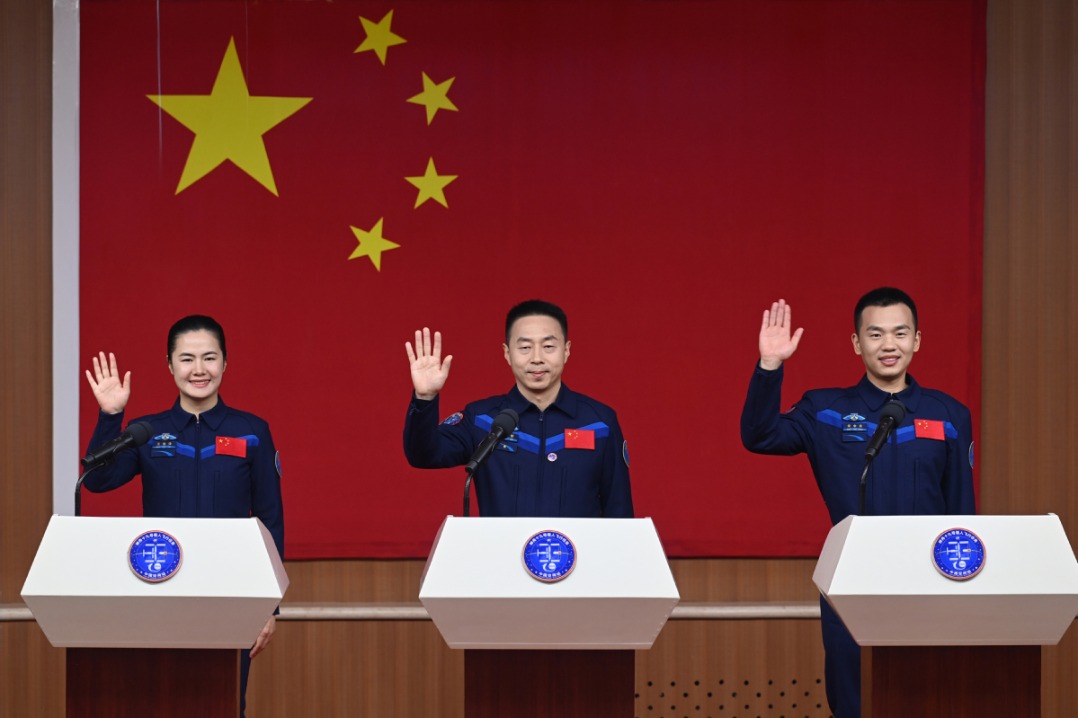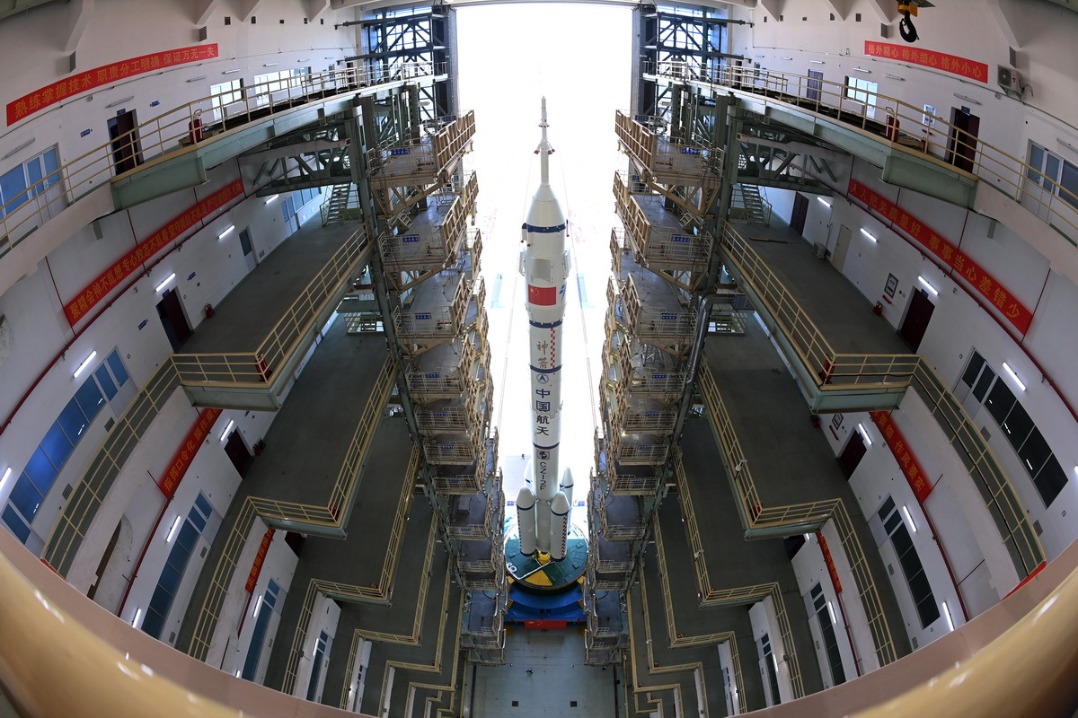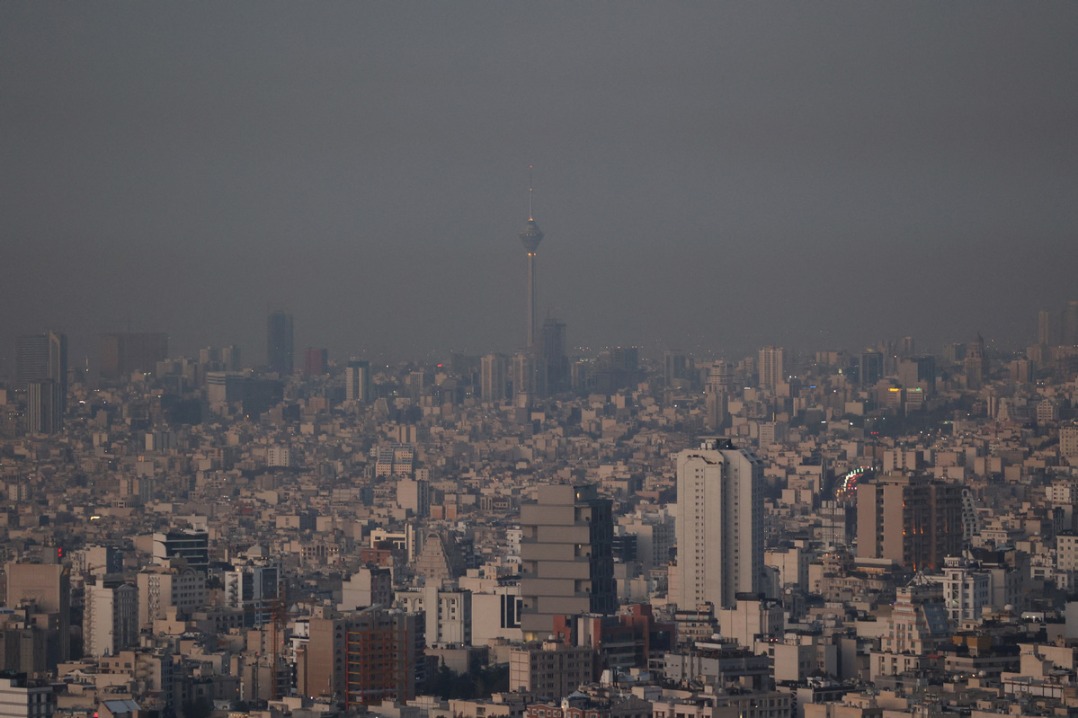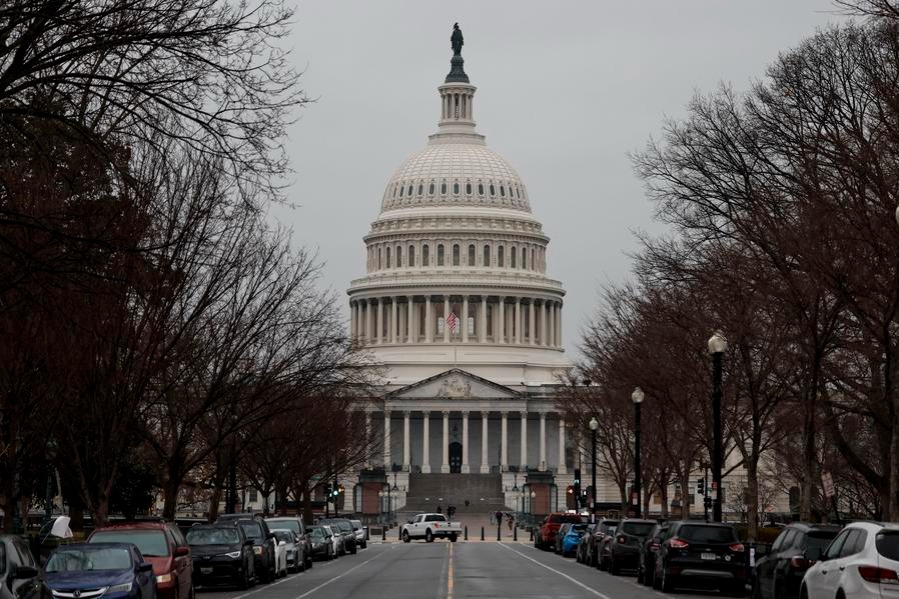Sino-Indian border tensions can be tamed: China Daily editorial

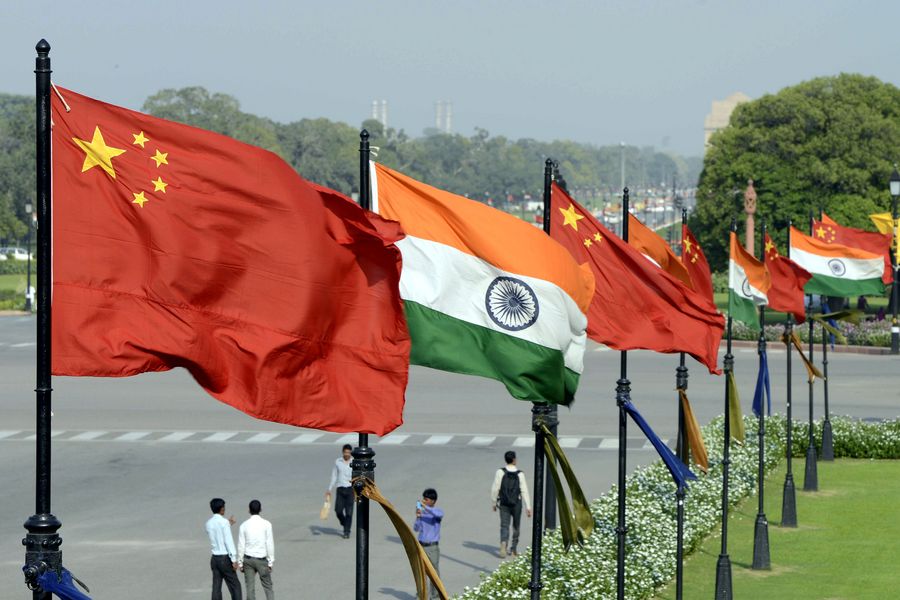
In a welcome move that may give a timely boost to the development of peaceful and stable China-India relations, Indian Prime Minister Narendra Modi has expressed the wish for the two neighboring countries to "urgently" resolve their long-standing border disputes, describing their relationship as "important and significant" to the region and the rest of the world.
"It is my belief that we need to urgently address the prolonged situation on our borders so that the abnormality in our bilateral interactions can be put behind us," Modi said in an interview with Newsweek published on Wednesday. He cited continued "positive and constructive bilateral engagement at the diplomatic and military levels" as the way to solve the disputes. The two neighbors have been embroiled in border disputes over the past more than six decades as much of the around 3,500 kilometers of the borders they share are yet to be demarcated.
Tensions and frictions persist even today, flaring up in the western section of the boundary in May 2020 when Chinese and Indian troops had a face-to-face standoff in the Galwan Valley which lasted for more than two years. The two sides have since held more than 20 rounds of commander-level talks, among other efforts, to try to de-escalate tensions and maintain "peace and tranquility" in the border areas.
Modi's latest remarks could be interpreted as a gesture of goodwill, as the two sides try to find a fair, reasonable and mutually acceptable settlement to their border disputes at an early date and turn the final page on them.
That the two countries have kept the talks on the ground and the consultation mechanism running provides grounds for optimism that they will be able to not only continue to uphold peace along the border in accordance with bilateral agreements and protocols, but also begin a new chapter of friendly bilateral relations.
During the latest round of the Working Mechanism for Consultation and Coordination on India-China Border Affairs, which was held in Beijing late last month, the two sides agreed to "promote the transition of the border situation into a normalized phase of control and management".
As two ancient civilizations and two major emerging economies, China and India have far more common interests than they do differences. Their relations should by no means be defined by their border disputes. That bilateral trade grew to $136.2 billion in 2023, a record level, along with other areas of improvement in bilateral ties, indicates that China and India are not threats to each other, but cooperation partners and development opportunities.
It will serve both countries' interests best if China and India can properly manage and control the border issue, and work together to bring their relations onto the track of steady and sound development.

















